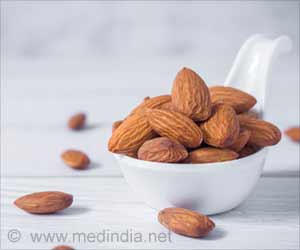
That difference may be due to the fact that a diet high in fat and low in fiber promotes certain bacteria at the expense of others.
Universite Laval Professor Angelo Tremblay and his team tried to determine if the consumption of probiotics could help reset the balance of the intestinal microbiota in favor of bacteria that promote a healthy weight.
To test their hypothesis, researchers recruited 125 overweight men and women. The subjects underwent a 12-week weight-loss diet, followed by a 12-week period aimed at maintaining body weight.
Throughout the entire study, half the participants swallowed 2 pills daily containing probiotics from the Lactobacillus rhamnosus family, while the other half received a placebo.
After the 12-week diet period, researchers observed an average weight loss of 4.4 kg in women in the probiotic group and 2.6 kg in the placebo group.
Advertisement
"We don't know why the probiotics didn't have any effect on men. It may be a question of dosage, or the study period may have been too short," Professor Tremblay, who is also the Canada Research Chair in Environment and Energy Balance, said.
Advertisement
In short, women consuming probiotics lost twice as much weight over the 24-week period of the study.
Researchers also noted a drop in the appetite-regulating hormone leptin in this group, as well as a lower overall concentration of the intestinal bacteria related to obesity.
The study is published in the British Journal of Nutrition.
Source-ANI














